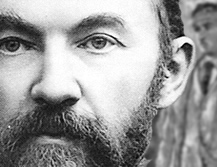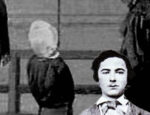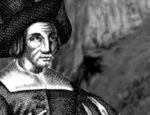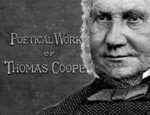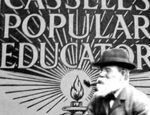Description
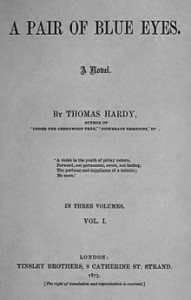 Sympathise with Stephen Smith, the autodidactic stonemason’s son in Thomas Hardy’s early novel A Pair of Blue Eyes (1873), who in chapter 7 betrays his humble origins by his unconventional pronunciation of quotations from Latin. Stephen is in love with Elfride Swancourt, and when her father, a vicar, begins a quotation from Horace’s epode 17, Stephen effortlessly completes and translates it.
Sympathise with Stephen Smith, the autodidactic stonemason’s son in Thomas Hardy’s early novel A Pair of Blue Eyes (1873), who in chapter 7 betrays his humble origins by his unconventional pronunciation of quotations from Latin. Stephen is in love with Elfride Swancourt, and when her father, a vicar, begins a quotation from Horace’s epode 17, Stephen effortlessly completes and translates it.
But the Reverend Swancourt can hear that something is not quite right about the way his daughter’s suitor enunciates the ancient language: ‘though your translation was unexceptionably correct and close, you have a way of pronouncing your Latin which to me seems most peculiar. Not that the pronunciation of a dead language is of much importance; yet your accents and quantities have a grotesque sound to my ears. I thought first that you had acquired your way of breathing the vowels from some of the northern colleges; but it cannot be so with the quantities. What I was going to ask was, if your instructor in the classics could possibly have been an Oxford or Cambridge man?’
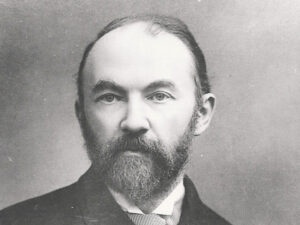 Stephen has actually been taught his Latin (and Greek) exclusively by written correspondence with a fellow of an Oxford college, Henry Knight (who later courts Elfride as well). When the truth about his low origins emerge, the vicar crows that he should have known from two different pieces of evidence. First, Stephen did not want sauce on his food: ‘I always did doubt a man’s being a gentleman if his palate had no acquired tastes. An unedified palate is the irrepressible cloven foot of the upstart.’ And, on reflection, the quotation from the Latin which Stephen knew was a very common one.
Stephen has actually been taught his Latin (and Greek) exclusively by written correspondence with a fellow of an Oxford college, Henry Knight (who later courts Elfride as well). When the truth about his low origins emerge, the vicar crows that he should have known from two different pieces of evidence. First, Stephen did not want sauce on his food: ‘I always did doubt a man’s being a gentleman if his palate had no acquired tastes. An unedified palate is the irrepressible cloven foot of the upstart.’ And, on reflection, the quotation from the Latin which Stephen knew was a very common one.
In the end, neither Stephen nor his benefactor-turned-love-rival Henry Knight marries Elfride, and the novel ends in her death. But the obstacle in the path of Stephen and Elfride, who love each other, is simply class difference signified by Stephen’s supposedly shaky grasp of Latin. This plot very closely mirrors Hardy’s own experience as an architect’s apprentice who tried to learn Classics in his spare time. His first wife, Emma Gifford, belonged to a much higher social class.

